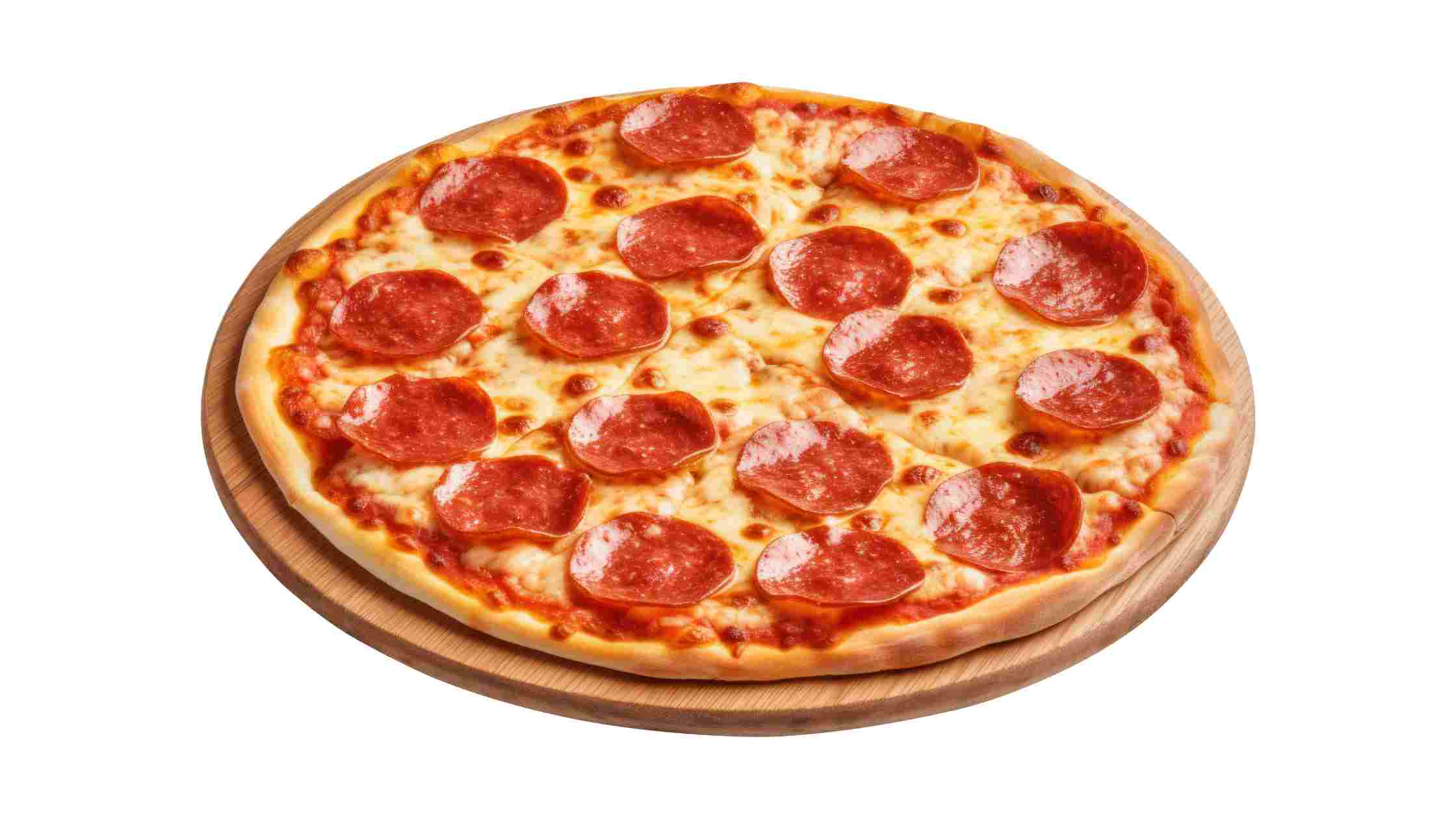
6 Reasons Why Pizza Is Bad For You
Pizza. It’s a comfort food that many of us crave. The combination of melty cheese, savory sauce, and crispy crust seems irresistible. But, let’s face it—pizza isn’t exactly the healthiest choice. In fact, when you stop and think about it, there are several reasons why pizza can be bad for you.
Six reasons to avoid Pizza:
- High in Calories
- Packed with Unhealthy Fats
- High in Sodium
- Low in Nutrients
- May Contribute to Weight Gain
- Refined Carbs and Blood Sugar Spikes
Have you ever wondered why you feel sluggish after eating that extra slice? Or why your waistline seems to grow a little each time you indulge in this cheesy goodness? If you’re ready to explore the other side of this beloved dish, let’s dive in.
1. High in Calories
We all know that pizza can be pretty calorie-dense. The average slice of pizza from a popular chain can contain anywhere from 200 to 400 calories, depending on the toppings. But let’s be real—who eats just one slice? I know I don’t.
When you eat multiple slices (which is almost always the case), the calorie count adds up fast. A large pizza can easily total over 1,000 calories. And if you’re not careful, it could contribute significantly to weight gain over time.
Here’s something I’ve noticed: it’s easy to forget how many calories you’re consuming because pizza is so comforting. But that doesn’t make it any less of a calorie bomb. If you’re watching your weight or trying to maintain a healthy diet, pizza can quickly sabotage your efforts.
2. Packed with Unhealthy Fats
The cheesy topping might be what draws you in, but those fats aren’t doing you any favors. Most pizzas are loaded with saturated fats, especially if you’re choosing the extra cheese or pepperoni options. These unhealthy fats are linked to heart disease and can raise bad cholesterol levels, putting you at risk for various health problems.
Even though some pizza options boast “healthier” toppings, they still often come with a hefty dose of fat. This means that every bite is contributing to unhealthy fat intake. I can’t help but wonder—are those few minutes of pizza enjoyment worth the long-term effects on my heart?
3. High in Sodium
If you’ve ever eaten a slice of pizza and felt thirsty afterward, you’re not imagining things. Pizza is loaded with sodium. The sauce, cheese, and processed meats like sausage and pepperoni all contribute to the high salt content. A single slice of pizza can have over 600 milligrams of sodium.
This is a problem because too much sodium can lead to high blood pressure, which increases your risk of heart disease and stroke. I used to love a good slice of pizza, but when I learned how much sodium I was putting in my body with each meal, I started thinking twice.
4. Low in Nutrients
Sure, pizza has some basic ingredients that offer nutrients. The tomatoes in the sauce provide some vitamins and minerals, and there’s a bit of protein in the cheese. But let’s be honest—pizza isn’t a nutrient-dense food. It lacks the fiber, vitamins, and minerals that are essential for a balanced diet.
When you eat pizza, you’re primarily consuming carbs, fat, and protein. While it can fill you up, it doesn’t offer much in terms of nourishment. That’s why it’s easy to feel hungry again after eating pizza. You’re not getting the nutrients your body craves.
5. May Contribute to Weight Gain
Let’s talk about weight gain. Pizza is tempting, but those extra calories, unhealthy fats, and refined carbs add up quickly. When you’re eating pizza regularly, it can be easy to consume more calories than your body needs. This is especially true if you’re not pairing it with healthier sides or controlling portion sizes.
Over time, these extra calories can contribute to weight gain. And before you know it, those small indulgences add up. If you find yourself reaching for pizza every weekend or after a long day at work, it might be time to reassess how much of it you’re eating.
6. Refined Carbs and Blood Sugar Spikes
The crust of pizza is typically made from refined flour, which is a source of refined carbs. These carbs can cause a rapid spike in blood sugar, followed by a crash that leaves you feeling sluggish. Consistently eating refined carbs can lead to insulin resistance over time, increasing the risk of Type 2 diabetes.
Personally, I’ve noticed how eating pizza makes me feel bloated and tired. It’s as if my body doesn’t know what to do with all the refined carbs and sugars. This kind of energy rollercoaster isn’t something anyone wants to experience regularly.
Conclusion
Pizza isn’t all bad, but it’s certainly not the healthiest food on the menu. While it’s okay to indulge every once in a while, eating it frequently can have some serious drawbacks. From high calorie content to unhealthy fats, sodium overload, and low nutritional value, it’s clear that pizza can be detrimental to your health if consumed in excess.
So, next time you’re thinking about ordering a pizza, maybe consider how it will affect your body. If you do choose to indulge, try to balance it out with healthier meals throughout the day. After all, everything in moderation is key to maintaining a healthy lifestyle.
In the end, it’s all about finding a balance. You can enjoy a slice now and then, but don’t let pizza become your go-to meal. Your body will thank you for making healthier choices!
Cite this article
You can copy and paste your preferred citation format below.
Martin, L. & Arquette, E.. (2025, May 1). 6 Reasons Why Pizza Is Bad For You. Coursepivot.com. https://coursepivot.com/blog/6-reasons-why-pizza-is-bad-for-you/



